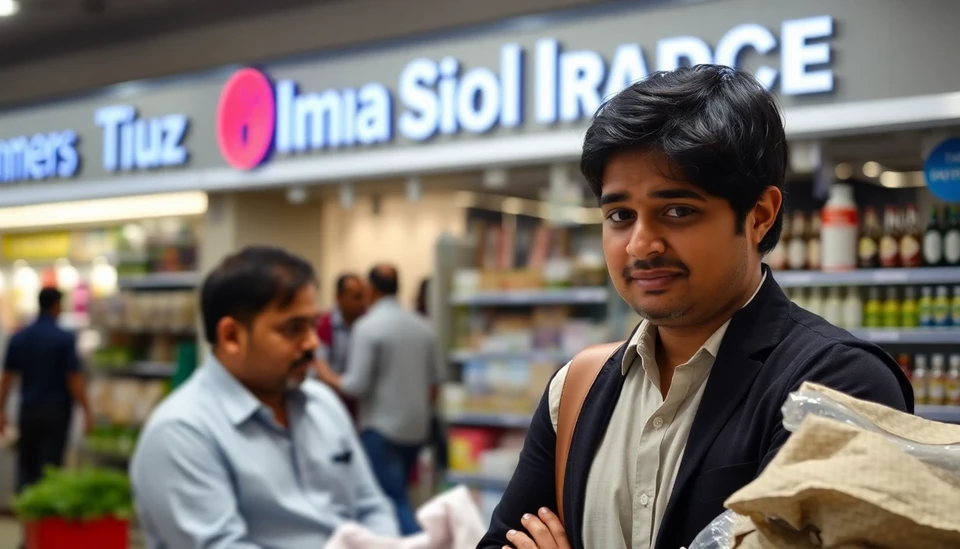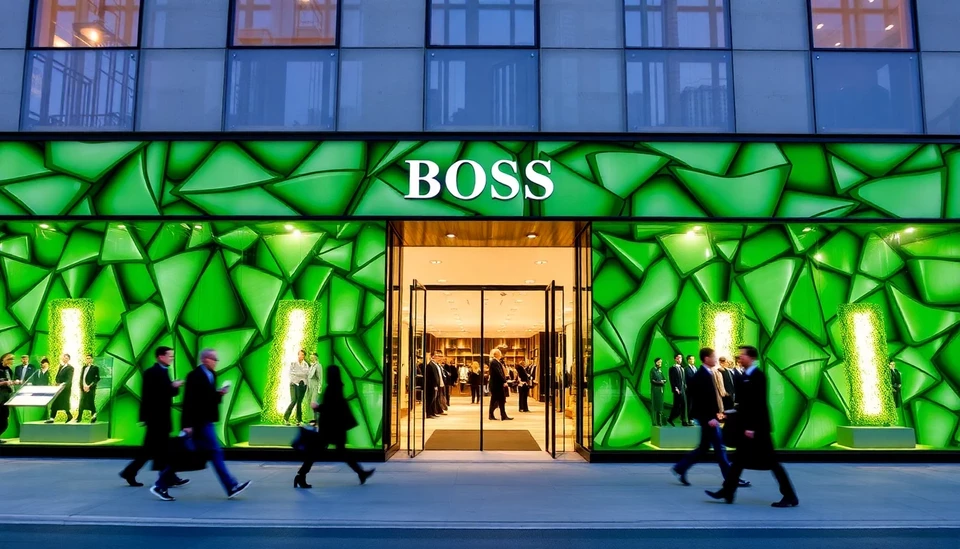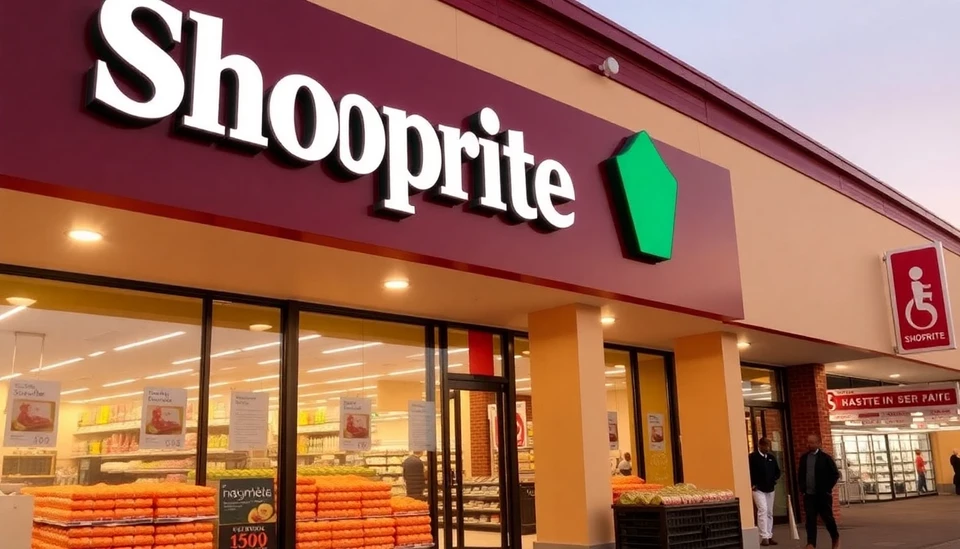
In recent months, several of India's largest companies are expressing growing anxiety over dwindling consumer demand, a trend that has raised alarms across various sectors. Giants such as Reliance Industries and Unilever have been particularly vocal about the challenges posed by a sluggish economy and shifting consumer behaviors. These firms are now reevaluating their strategies to navigate a marketplace that is increasingly complex and less predictable.
The situation has become critical, as India's middle class, once seen as a robust driver of economic growth, is now hesitant to spend. Factors contributing to this decline include inflationary pressures, rising living costs, and a shift in consumer preferences towards more value-oriented purchases. This consumer retrenchment has led to a stark contrast in the expectations and realities faced by multiple sectors.
Reliance Industries, for instance, has reported a noticeable slowdown in demand for its consumer goods. The company's diversified portfolio, which includes retail and digital services, has not shielded it from the overarching economic malaise. Analysts note that even as international markets recover, India’s consumer sector appears stagnant. This poses a significant challenge for Reliance as it had heavily invested in expanding its retail operations.
Unilever, another stalwart of the Indian market, has mirrored this sentiment. The company has seen sales growth stalling, far from the optimistic projections made earlier in the year. Executives at Unilever cite an increase in competition and changing consumer tastes, with shoppers showing a preference for cost-effective alternatives over premium products. This shift is compelling brands to adapt their marketing strategies to retain and attract customers who are becoming increasingly price-sensitive.
Compounding these challenges is the global economic climate, which has introduced further uncertainties. With geopolitical tensions and supply chain disruptions remaining unresolved, the complexity of operating in India is escalating. Companies are now more cautious about their investments, focusing on maintaining operational efficiency rather than expansion.
To address these evolving market conditions, many firms are reevaluating their product lines, focusing on offerings that cater specifically to budget-conscious consumers. This involves scaling back on luxury options and enhancing lower-cost products while also turning to digital marketing strategies that highlight value rather than frills.
In light of these developments, industry experts are urging companies to remain agile. They suggest a greater emphasis on innovation and responsiveness to shifting consumer trends will be paramount to weathering the current economic storm in India. For consumers, this might mean better options at competitive prices, but for companies, the road ahead remains rocky as they grapple with low demand.
As the situation unfolds, all eyes will be on the upcoming festive season, which is typically a peak time for consumer spending in India. Companies are hopeful that traditional shopping surges will provide a much-needed boost, but the underlying economic pressures will likely continue to pose a challenge moving forward.
#ConsumerDemand #IndiaEconomy #Reliance #Unilever #MarketTrends #EconomicChallenges #RetailIndustry #ConsumerBehavior
Author: Rachel Greene




